Istwa Enpak
Soti nan pòtfolyo nou an
Istwa enpak 2024 la
Epi nou toujou leve
Anpil moun ki soti nan divès kominote ap lite pou jwenn founisè swen sante mantal ki konprann yo menm ak eksperyans inik yo. Se sa Doktè Natasha Holmes te vle chanje lè li te fonde And Still We Rise (ASWR) an 2018. "Isit la, kliyan yo pa bezwen pèdi tan ap eksplike pati nan idantite yo," Doktè Holmes di sou pratik li a, ki gen biwo nan Boston ak Cambridge, MA, ak Bellevue, WA. "Sa ekonomize travay emosyonèl epi li bay plas pou yon gerizon ki pi pwofon."
Li te anboche premye anplwaye li an mas 2021 epi sèlman katran apre, li anplwaye yon ekip 80 klinisyen – anviwon 90-95% idantifye kòm manm kominote majinalize yo, ke li konsidere kòm "gen anpil valè". Pou konfwonte inegalite yo sou yon nivo sistemik, ASWR ofri tou yon pakèt sèvis konsiltasyon bay lekòl yo, ajans gouvènman yo, ak òganizasyon ki pa pou pwofi. Kwasans rapid ASWR a – pratik la te sèvi plis pase 1,000 kliyan epi li te fè anviwon 30,000 sesyon ane pase a – konbine avèk aksè limite a kapital tradisyonèl, te fòse Dr. Holmes pran prè ak enterè ki wo nan men kreditè predatè pou kouvri depans li yo k ap ogmante. "Strès se yon eufemism," li sonje.
Apre sa, asistan egzekitif li a te rankontre PDG Betty Francisco nan yon evènman nan prentan 2023. Rive nan prentan 2024, BII ak Black Economic Council of Massachusetts (BECMA) te envesti $325,000 nan kabinè a–BII te bay yon prè $250,000 pou refinanse dèt ki te egziste a ak kondisyon ki pi favorab epi BECMA te bay yon liy kredi kapital k ap travay $75,000. "Finansman an te ede nou bati enfrastrikti pou nou ka kontinye grandi, san nou pa konpwomèt misyon nou," Dr. Holmes di, pandan l ap note ke sa te pèmèt li fè kèk anbochaj estratejik ak amelyorasyon teknoloji, ansanm ak bati yon sistèm lidèchip entèn. "Mwen pa sispèk nou ta la san sipò BII ak BECMA." Kounye a sou yon baz finansye solid, plan Dr. Holmes pou ane a gen ladan yo kòmanse pataj pwofi, lanse yon etid fezabilite sou pwopriyetè anplwaye yo nan antite a, epi elaji pratik konsiltasyon an–tout pandan y ap bay priyorite a sante, sekirite ak byennèt kliyan li yo. "Nou pa sèlman bay terapi," li di. "N ap chanje naratif sante mantal la. N ap di, 'Ou enpòtan. Istwa w enpòtan. Epi gerizon w lan puisan.'"
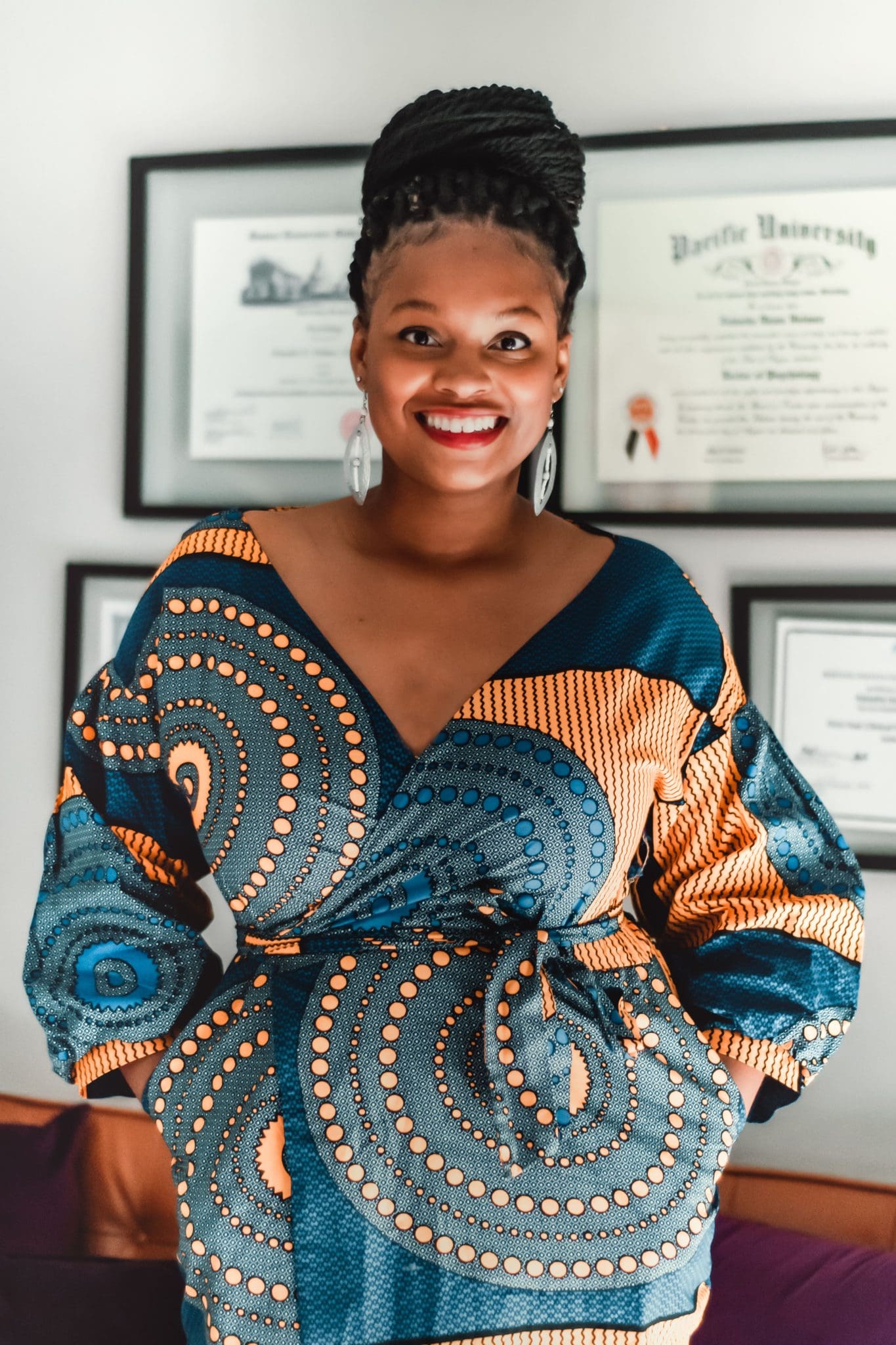
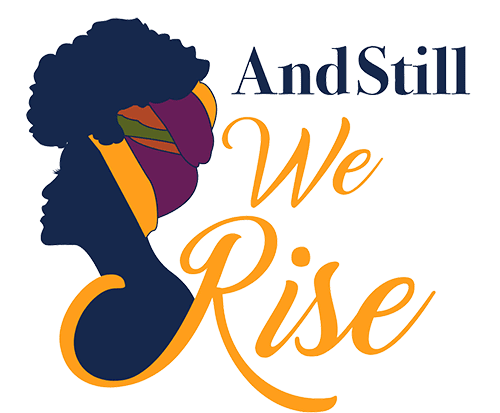
Doktè Natasha Holmes, Fondatris ak PDG
Istwa enpak 2024 la
Oto Eko
Lide pou Eco Auto a te vin jwenn antreprenè Al ak Michelle Salas, mari ak madanm, lè yo te reyalize ke kominote antye te rete deyò nan mache machin vèt la ki t ap boujonnen an. "Dirablite nan transpò se yon privilèj," di Al, ki te fèt nan Repiblik Dominikèn epi ki te vin Ozetazini anviwon 20 ane de sa. "Li pa demokratize." Eco Auto, ki te fonde nan Tewksbury, MA, an 2022 avèk objektif pou rann machin vèt dezyèm men aksesib a tout moun, te byen vit vin youn nan konsesyonè machin dezyèm men ki ap grandi pi rapid nan eta a. Nan jis dezan, lavant machin ibrid, ibrid rechajab, ak elektrik (EV) dezyèm men li yo te sote de $188,000 a $18 milyon dola – sa konpanse anviwon 2.5 milyon liv kabòn an total.
Misyon Eco Auto a gide pa sa Al rele "trip enpak nèt" li a: pwofi nèt, emisyon nèt zewo, ak benefis nèt pou kominote a. Kontrèman ak lòt konsesyonè yo, vandè li yo pa travay sou komisyon. Okontrè, yo adopte yon apwòch konsiltatif ak achtè yo, ki souvan gen revni ba ak mwayen, pou detèmine ki kalite machin vèt ki ta pi bon pou fòm vi yo.
Pou pwolonje lavi machin elektrik ki deja egziste yo epi redwi gaspiyaj, konsesyonè a ofri reparasyon ak renovasyon batri. "Non sèlman n ap bay aksè," Al eksplike, yo te fè kliyan yo ekonomize plis pase 1.5 milyon dola nan rabè, epi "n ap pwolonje tou lonjevite machin sa yo sou wout la." Eco Auto angaje tou pou edike konsomatè yo sou machin vèt, defann dwa pou repare machin elektrik nan nivo eta a, epi ogmante disponiblite chajè nan kominote ki gen pi ba revni yo. Yo te travay dènyèman ak vil Clinton ak Gardner nan Santral Massachusetts pou ajoute chaj elektrik.
Pou fè plas pou nouvo envantè a, Al ak Michelle ap agrandi katye jeneral Eco Auto a sou teren ki akote a. Nouvo espas yo a pral gen yon twati solè pou bay chajè yo kouran. Epitou, premye franchiz Eco Auto a nan Seattle, Washington, ap travay sou li. Pandan Eco Auto ap kontinye agrandi, Al di objektif li ap rete menm jan an. "Alafen, se sa ki pi bon pou anviwònman an ak sa ki pi bon pou kominote yo ki enpòtan."
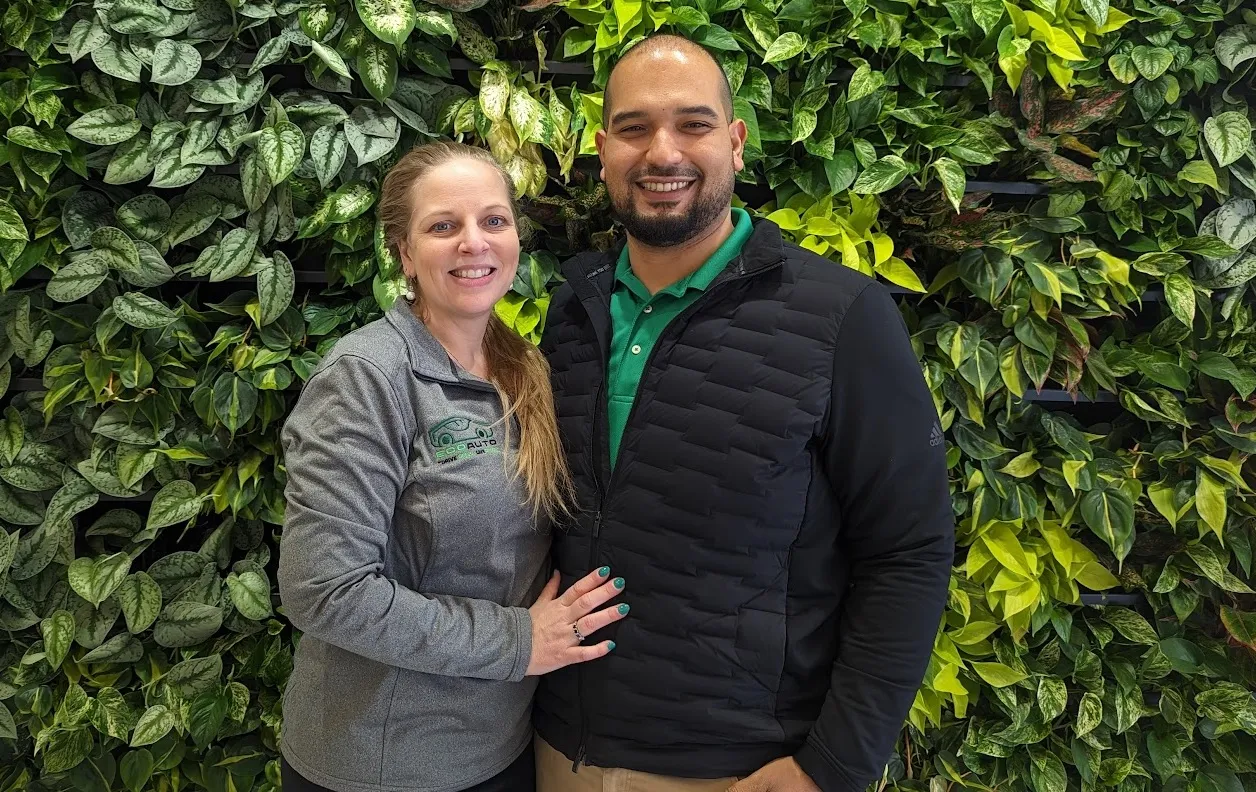

Al ak Michelle Salas, Ko-fondatè
Istwa enpak 2024 la
Sik Lavaj Lesiv
Pi gwo avantaj yon biznis se moun, sa fondatè Wash Cycle Laundry, yon sèvis lesiv ak lokasyon twal fin blan komèsyal, pa inyore. Depi kòmansman senp li an 2010 nan West Philadelphia, konpayi an kounye a gen plis pase 150 anplwaye nan Philadelphia ak Lynn, MA – an 2017, BII te fè yon envestisman nan kapital pou sipòte ekspansyon li nan New England. Pandan l ap grandi, li kenbe twa objektif prensipal li yo: lesiv pwòp, planèt pwòp – bisiklèt yo itilize pou livrezon – epi, sa ki pi enpòtan, tablo pwòp.
“Pa gen anpil travay konsa ki disponib pou moun ki pa pale anpil anglè oswa ki pa gen eksperyans travay tradisyonèl,” se sa Direktè Enpak Sosyal Fredy Hincapie di, pandan l ajoute ke majorite anplwaye Wash Cycle yo ap fè tranzisyon soti nan sitiyasyon sanzabri, prizon, ak chomaj alontèm. “Objektif nou te toujou diminye baryè sa yo, tout pandan n ap kontinye dirije yon biznis ki reyisi.”
Salè yo kòmanse a $18.50 pa èdtan, ki pi wo pase salè minimòm nan Massachusetts. Benefis yo enkli andikap kout tèm ak long tèm, konje peye (PTO), ak swen sante peye pa anplwayè a. Kòm yon avantaj amizan, anplwaye yo jwenn uit èdtan anplis konje peye (PTO) nan anivèsè nesans yo. Genyen tou yon kilti solid pou pwomosyon anndan konpayi an – pifò manadjè yo nan wòl sipèvizyon pou premye fwa, kidonk Wash Cycle mennen ekspè nan resous imen pou atelye devlopman pwofesyonèl.
Kou ESL yo se youn nan pwogram anplwaye ki pi popilè nan lokal Lynn nan. Yo òganize kou sa yo pandan mwa ivè ki pi kalm yo, epi yo ofri yo pandan jounen travay la ak tout peman yo, gras a finansman sibvansyon. "Anplwaye yo di nou kijan sa chanje lavi yo lè yo ale nan yon kou yo pa ta janm gen tan oswa lajan pou li otreman," Fredy di. "Yo toujou ap mande ki lè pwochen sesyon an ap kòmanse."
Atravè yon pwogram avans sou salè entèn, anplwaye ki fin travay 90 jou ka prete jiska yon semèn salè – san enterè e san verifikasyon kredi – pou ede kouvri bòdwo yo lè sitiyasyon an difisil. Depi lansman pwogram nan, Wash Cycle te bay plis pase 170 avans ki totalize prèske $204,600, ak yon to peman ki plis pase 99.2%.
Anplwaye yo refere pou Wash Cycle atravè yon varyete patnè anbochaj nan chak kote, tankou Roca nan MA ak Fair Chance Hiring Initiative nan Philadelphia. Òganizasyon sa yo bay sipò jesyon ka tou lè anplwaye yo ap lite.
“Si yon moun ap pase yon moman difisil, nou pa ale dirèkteman nan ekri rapò yo,” Fredy eksplike. “Nou rele responsab dosye yo a epi nou mande 'Kijan nou ka sipòte moun sa a?' epi answit nou jwenn yon solisyon.”
Pou lavni, konpayi an gen plan pou elaji lokal MA li a, epi eksplore lansman yon Rezo Resous Patwon (ERN) ak lòt biznis lokal yo. Atravè modèl sa a, yon "antrenè siksè" pataje ta ede anplwaye yo navige nan pwoblèm pèsonèl ki bay strès tankou jwenn yon apatman abòdab oswa yon gadri, oswa aplike pou koupon manje. "Pa gen okenn konpwomi ant trete moun byen ak dirije yon biznis solid," Fredy di. "An reyalite, nou te jwenn opoze a se vre."
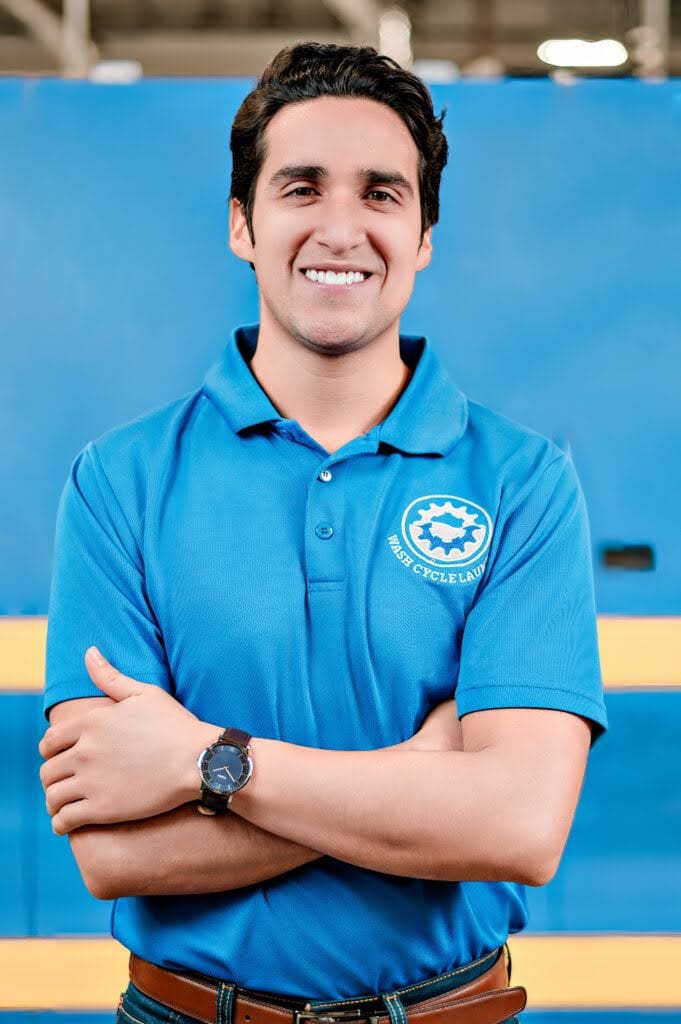

Fredy Hincapie, Direktè Operasyon yo
Istwa enpak 2023 la
Izolasyon Kay Valley
Toupatou nan Massachusetts, pwopriyetè kay ak lokatè yo ka jwenn odit enèji lakay yo gratis, sele lè gratis si sa nesesè, izolasyon gratis oswa ak gwo rabè, ak gwo rabè sou amelyorasyon sistèm chofaj ak refwadisman atravè yon pwogram yo rele Mass Save. Pou 1.3 milyon kay nan eta a ki ap lite pou peye bòdwo enèji yo, amelyorasyon yo ka transfòmatè. Men, anpil moun pa gen okenn lide ke li egziste oswa ke yo kalifye, sitou nan kominote ki gen ti revni ak imigran yo. Valley Home Insulation ap chanje sa, li konsantre sou kay ki pale panyòl nan Lawrence ak vil ki toupre yo.
“Te gen yon gwo diferans nan moun k ap jwenn sèvis,” se sa fondatè ak prezidan Abel Vargas di. “Nou te kapab antre nan yon mache yo pa t pale avè l jan nou kapab pale avèk yo.” Depi nan kontak, rive nan planifikasyon, evalyasyon enèji, enstalatè izolasyon, plonbye ak elektrisyen, tout travay la fèt pa moun ki pa sèlman pale panyòl, men ki pataje kilti ak lyen lokal ak kliyan yo.
Gras a patenarya, rekòmandasyon, ak yon prè ak yon kous biznis nan men BII, VHI te grandi byen vit pou rive nan senk kamyon ak plis pase 30 anplwaye. Ou bati yon ekip moun pasyone, konpetan, kit yo pale anglè kit yo pa pale, e sa ede nou penetre mache a,” Vargas di. “Yon pati ladan l se bay moun pouvwa, moun yo souvan pa di 'Ou enpòtan, konpetans ou yo esansyèl,' pi lwen pase pou yo bon nan òdinatè oswa pou yo ekri yon bon imèl.”
Lè VHI diminye demann enèji a, li ap diminye emisyon kabòn tou – epi kounye a, yon ekip ap resevwa fòmasyon pou enstale ponp chalè tou, yon etap enpòtan pou mete fen nan itilizasyon konbistib fosil. Men, lè y ap pale ak kliyan yo, yo pa konsantre sou klima a. “La cuenta – ekonomize lajan se bagay la,” Vargas di. Epi apre yo fin sele yon kay, bòdwo chofaj ivè yo ka potansyèlman diminye pa plizyè santèn dola pa mwa.
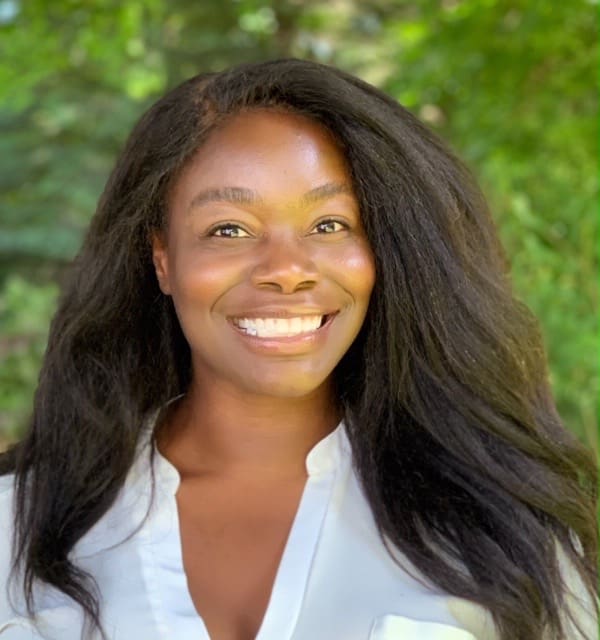
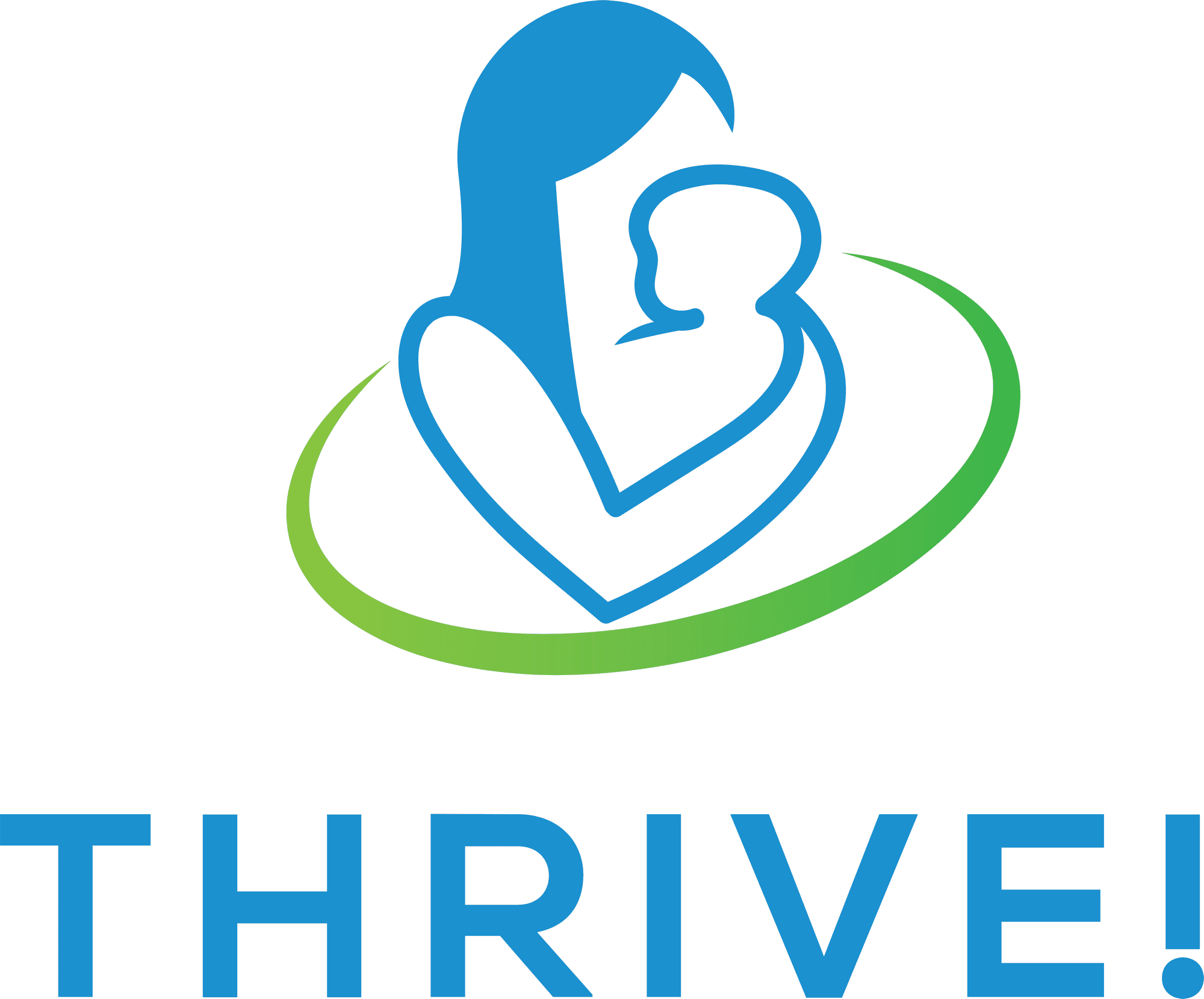
Omolara Fatiregun, Fondatè & CEO
Istwa enpak 2023 la
Nouvo Jou
Yon mèkredi solèy nan mwa avril, meni midi nan Sant Sante pou Granmoun Nuevo Día a te soti tou dwat nan Santo Domingo: albóndigas de pescado (boulet vyann pwason sale), arroz con gandules (diri ak pwa pijon), salad tayota (chayote), ak salad fwi pou desè. Se pa t ditou manje yo konn sèvi nan pifò sant swen pou granmoun aje yo, ki se yon kote yo konnen pou jan yo pa dous. Manje sa a soti nan Restoran Merengue ki a kèk blòk.
lwen, ke Nuevo Día te gen yon kontra avèk pou prepare manje bon gou nan style dominiken an – jis sou bò ki pi an sante a (kidonk malerezman, pa gen maduro fri) epi ak yon kontwòl pòsyon atansyon. Plat Venezyelyen ak Kiben yo disponib tou.
“Li enpòtan pou bay patisipan yo manje ke yo renmen, paske y ap manje l,” di Carissa Figueroa, ki ko-pwopriyetè Nuevo Día ak twa lòt Latino, tout veteran nan swen sante. Manje ki apwopriye pou kilti a enpòtan anpil pou bon nitrisyon, li eksplike, epi li fè granmoun aje yo santi yo konprann yo epi yo vrèman pran swen yo. “Nou gen anpil kilti diferan isit la, epi nou eseye reflete sa nan manje a, mizik nou jwe a, aktivite nou fè yo, selebrasyon nou genyen yo, pou moun yo santi yo tande yo epi respekte yo,” Figueroa di. Anplwaye yo reflete divèsite Amerik Latin nan, epi yo trete granmoun aje yo tankou fanmi, pa pasyan.
Sant sante pou granmoun yo jwe yon wòl kle nan swen pou granmoun aje yo, yo bay yon mwayen pou moun ki gen maladi, mobilite limite, pwoblèm balans, pèt memwa, demans nan premye etap ak lòt defi pou yo kontinye viv nan kominote a olye pou yo ale nan yon mezon retrèt. Pandan plis imigran Latino ap rive nan laj granmoun Ozetazini, li enpòtan pou yo gen aksè a swen kalite siperyè, ki baze sou kilti, dapre Figueroa. Se poutèt sa li menm ak patnè li yo te deside louvri Nuevo Día. "Nou te reyalize te gen yon gwo bezwen, epi sèvis yo te bay, men pa nan nivo kalite nou te kapab bay la. Se poutèt sa nou te di, 'Poukisa nou pa fè sa? Nou konnen kliyan an; nou konnen kilti a.'"
Sant 8,000 pye kare a, ki sitiye nan fwontyè Roxbury ak Jamaica Plain, te ouvri nan mitan ane 2022 a, avèk envestisman ak sipò BII, e kounye a li sèvi plis pase 70 moun chak jou lasemèn, tout Latino, soti nan 60 rive nan 90 ane yo. Se yon kote ki vivan, kolore, pafwa ki gen anpil aktivite, kote yo bay swen nan yon pake amizman, kreyativite ak entèraksyon sosyal. "Nou dedye a ankouraje yon anviwònman swen, respè ak sipò, epi sèvis nou yo jwe yon wòl esansyèl nan amelyore kalite lavi moun n ap sèvi yo," Figueroa di. An kolaborasyon avèk BII, Nuevo Día te atikile tou objektif kle pou enpak, tankou salè pou anplwaye yo viv ak sipò pou ti biznis ki posede pa minorite yo, ki reprezante 90% nan vandè li yo. "Nan nwayo nou, nou egziste pou amelyore kominote nou an," li di, "e sa reflete nan tout aspè operasyon nou yo."
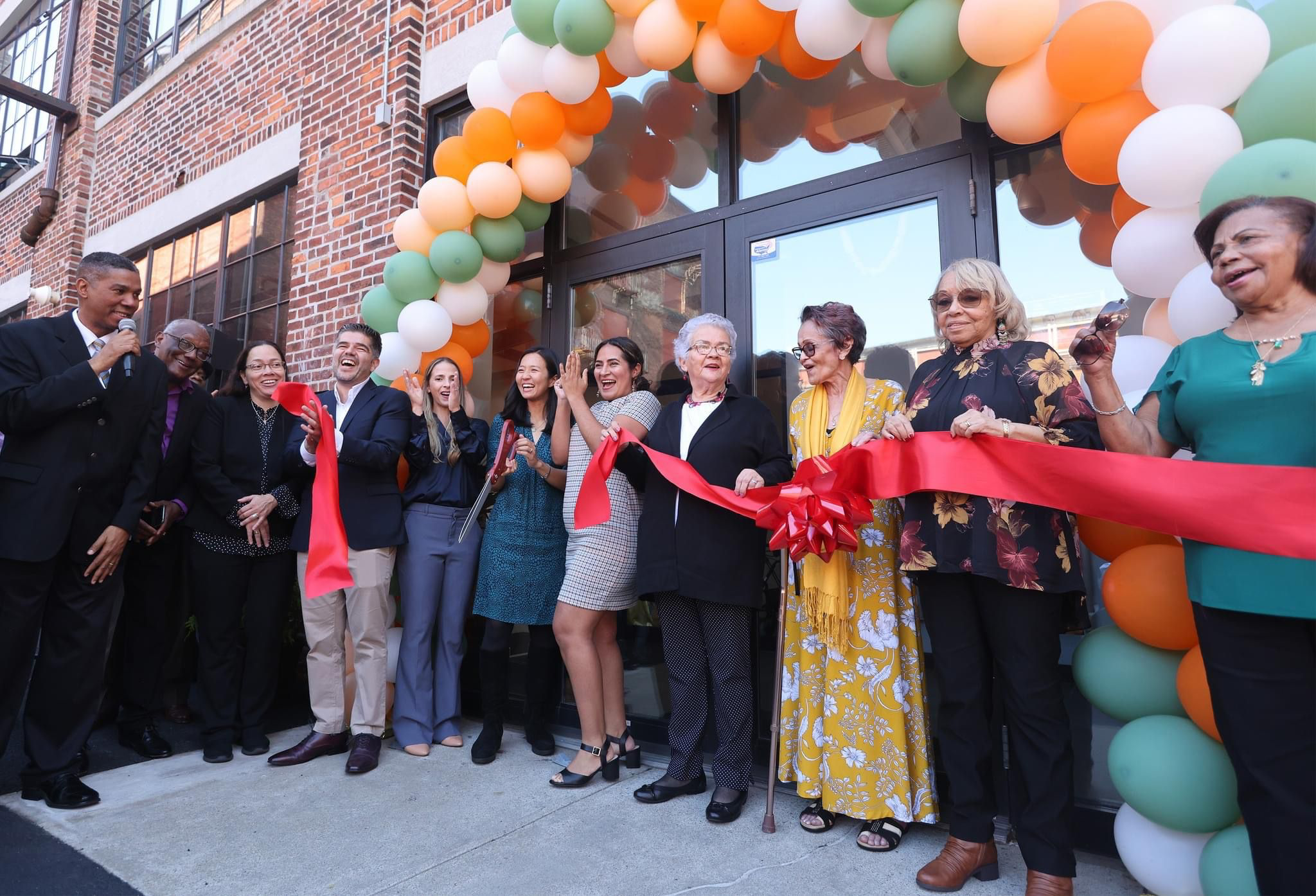
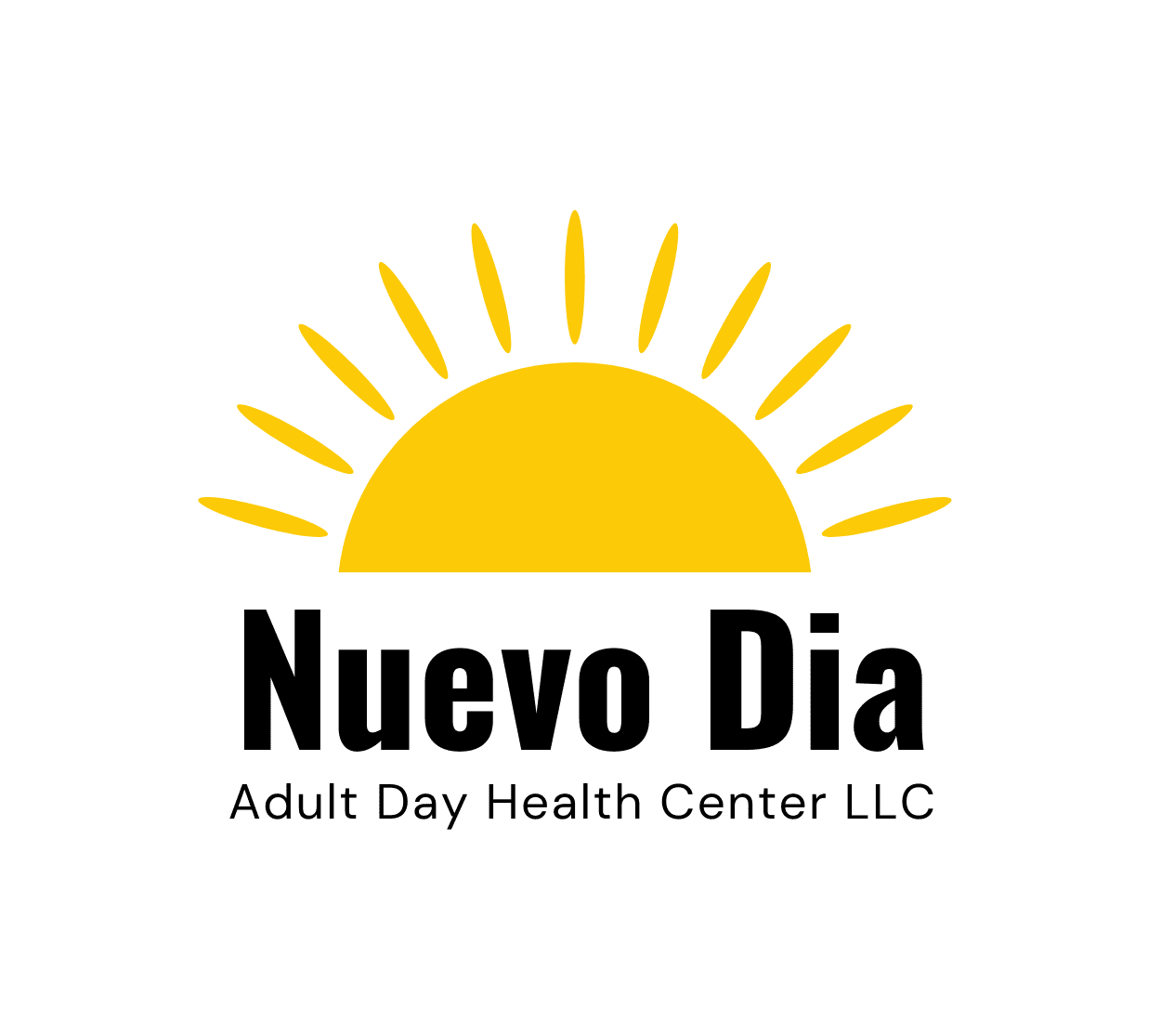
Carissa Figueroa, Direktè
Istwa enpak 2023 la
Brasri Roundhead
Lè Craig Panzer ak Luis Espinoza t ap prepare pou louvri Roundhead Brewing Company nan Hyde Park, yo te vle peye travayè yo yon fason ki jis. Plan yo sete pou yo swiv salè ak ti konsèy anplwaye yo epi, si yo pa t rive nan yon minimòm pa èdtan, pou yo konpanse diferans lan.
Mike Leyba, yon manm konsèy administrasyon BII, te pouse yo pou yo ale pi lwen epi aboli ti konsèy yo. “Li te pi difisil pou nou, men nou te reyalize ke se te bon bagay pou nou te fè a,” Panzer di. “Ti konsèy yo chanje dinamik pouvwa ant kliyan yo ak anplwaye yo.”
Travay la te pou devlope yon altènativ solid pou bay ti kòb. Panzer te travay avèk Aliana Piñeiro, Direktè Enpak BII, ak Zack Neville Young, Asosye Senior, pou vini ak yon plan. Yo te dakò sou yon frè administratif 20% ak yon frè benefis 3% pou ajoute sou tout chèk envite yo.
Frè 20% la pèmèt Roundhead peye yon salè depa ki plis pase $22 pa èdtan (dapre Kalkilatris Salè Minimòm MIT a), ki plis pase trip salè tip Massachusetts la (kounye a $6.75). Brasri a kalkile diferans ki genyen ant de nivo salè yo epi li kenbe montan sa a nan revni frè a, ki baze sou lè chak moun te travay. Lè gen yon sipli, tout anplwaye yo pataje li, menm jan ak tip yo mete ansanm.
“Nan fason sa a, nou ka garanti yon salè ki pèmèt moun viv yon fason ki apwopriye, toutpandan n ap diminye diferans ki genyen ant travay devan ak dèyè kay la, pou asire ke chak wòl nan Roundhead Brewing resevwa tout valè,” Panzer di. Pandansetan, frè benefis 3% la pèmèt Roundhead ofri benefis ki pi jenere, tankou asirans dantè ak fon retrèt.
“Kalite lavi sa a se yon bagay chak manm nan endistri restoran an merite, menm jan ak travayè nan lòt endistri yo,” Panzer di. “Nou kwè nan pran swen kominote lokal nou an, kòmanse avèk travayè nou yo, epi nou fyè dèske n ap gen yon enpak atravè politik salè nou an.”
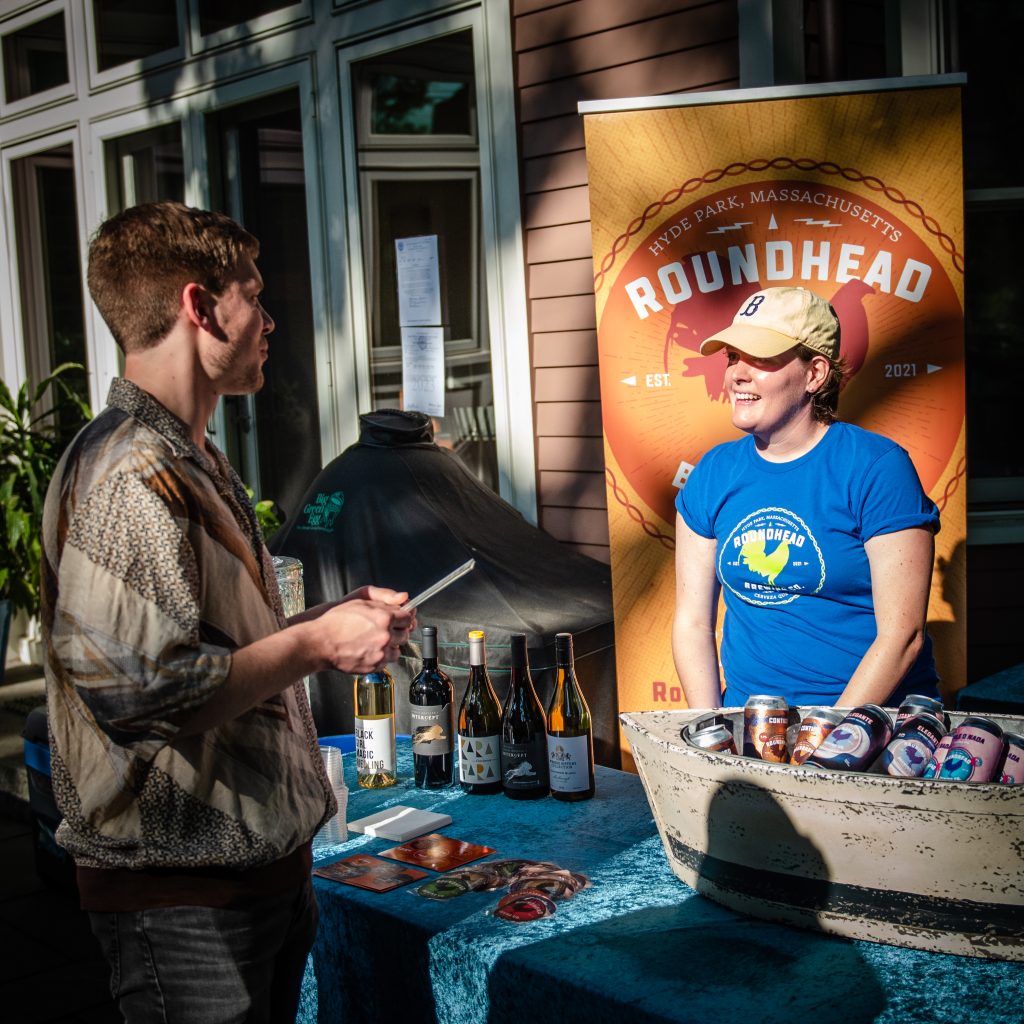

Craig Panzer ak Luis Espinoza, Ko-Pwopriyetè yo
Istwa enpak 2022 la
Rozki Rides
East Boston gen pi gwo konsantrasyon Latino nan vil la: 50.4% apati 2020. Fanmi imigran ak klas ouvriyè yo te jwenn lojman abòdab, konekte ak transpò piblik la epi yo te bati yon kominote vibran ant otowout yo, ayewopò a ak lanmè a.
Sepandan, boom byen imobilye nan Gran Boston chanje katye a anpil. Lwaye yo ogmante piti piti, epi nouvo konplèks apatman ak kondominyòm liksye ap miltipliye.
Konsa, lè Tanya Hahnel, responsab pwojè nan East Boston Community Development Corporation, te wè yon pòtfolyo kay twa etaj ak 114 inite pou vann nan katye a, li te konnen plizyè douzèn fanmi te an danje pou yo deplase. Men, li te wè yon opòtinite tou, kidonk li te kontakte Mike Leyba, ko-direktè egzekitif City Life/Vida Urbana.
De òganizasyon san bi likratif yo te deja asosye yon fwa pou achte epi prezève kèk inite abòdab nan East Boston. Epi Leyba te deja nan yon pwogram bousdetid – ansanm ak Direktè Envestisman BII a, Henry Noel Jr – pou chèche fason pou akeri plis pwopriyete, epi li te aprann sou òganizasyon san bi likratif Trust Neighborhoods, ki baze nan Kansas City, ki itilize trust katye revni melanje (MINT) pou achte epi prezève lojman abòdab.
Kay East Boston yo te nan lis pou 47 milyon dola, epi òganizasyon ki pa pou pwofi yo te konnen yo t ap fè konpetisyon ak pwomotè ki te anvi achte yo. Yo te kapab jwenn kèk finansman atravè Vil Boston, men yo te toujou oblije ranmase plizyè milyon dola anplis nan men sous prive. Se la BII te antre an jwèt – ak manm konsèy administrasyon BII a, Lisa Owens, direktè egzekitif Fondasyon Hyams. Fondasyon ki baze nan Boston an konsantre sou ogmante jistis ekonomik, rasyal ak sosyal ak pouvwa nan kominote ki gen ti revni yo. Owens te itilize koneksyon li yo pou angaje lòt finansè, epi li menm ak Komite Envestisman BII a te travay pou fòme MINT pou fè inite yo pi abòdab, pou tout tan. Yo te asire tou yon gouvènans enklizif atravè yon komite jesyon ki gen ladan rezidan ak òganizasyon kominotè lokal yo.
Akò a li menm te bati sou yon sistèm kapital entegre ki te konbine dèt, ekite ak sibvansyon ki soti nan envestisè piblik ak prive, ki gen ladan prè sibòdone ki soti nan BII ak enstitisyon filantropik, pou mobilize yon total 52.5 milyon dola. Li te baze tou volontèman sou relasyon konfyans: BII ak City Life te reyini envestisè ki gen enpak, ofisyèl vil yo ak fondasyon filantropik nan Boston, ankouraje yo pou yo patisipe, epi pataje analiz ak dilijans BII a pou fè li pi fasil pou fondasyon yo, òganizasyon filantropik yo ak lòt envestisè yo patisipe.
“Sa a te premye tranzaksyon byen imobilye nou an atravè Fon II BII a, epi nou wè yon gwo potansyèl pou fè plis,” se sa PDG BII a, Betty Francisco, di. “Pwopriyetè ak kontwòl kominote a pa sèlman pwoteje lojman abòdab, men tou, kenbe revni ak richès pwojè sa yo kreye nan katye yo. Se kalite chanjman transfòmatè sa a nou bezwen, nan Boston ak lòt kote.”
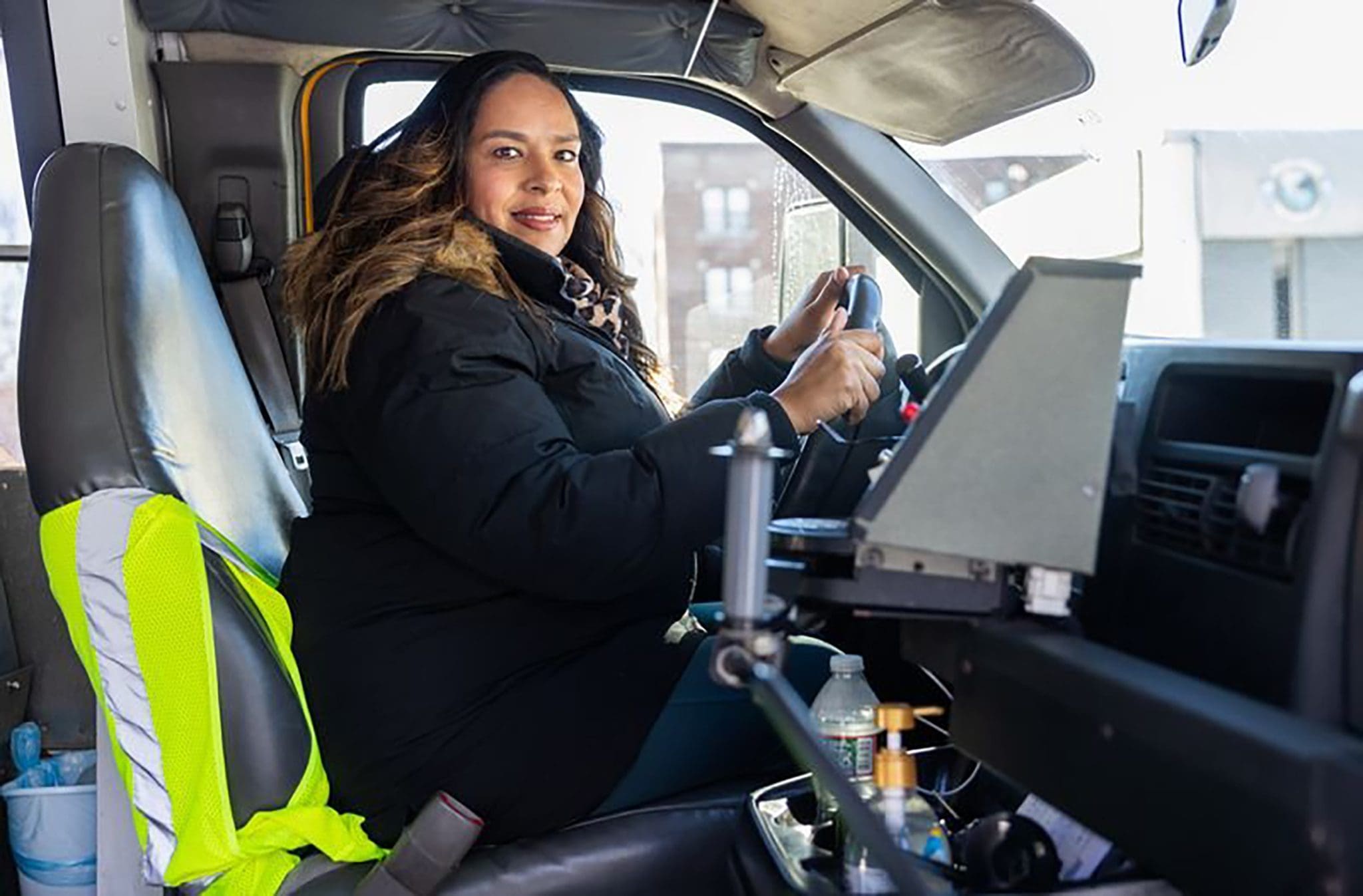
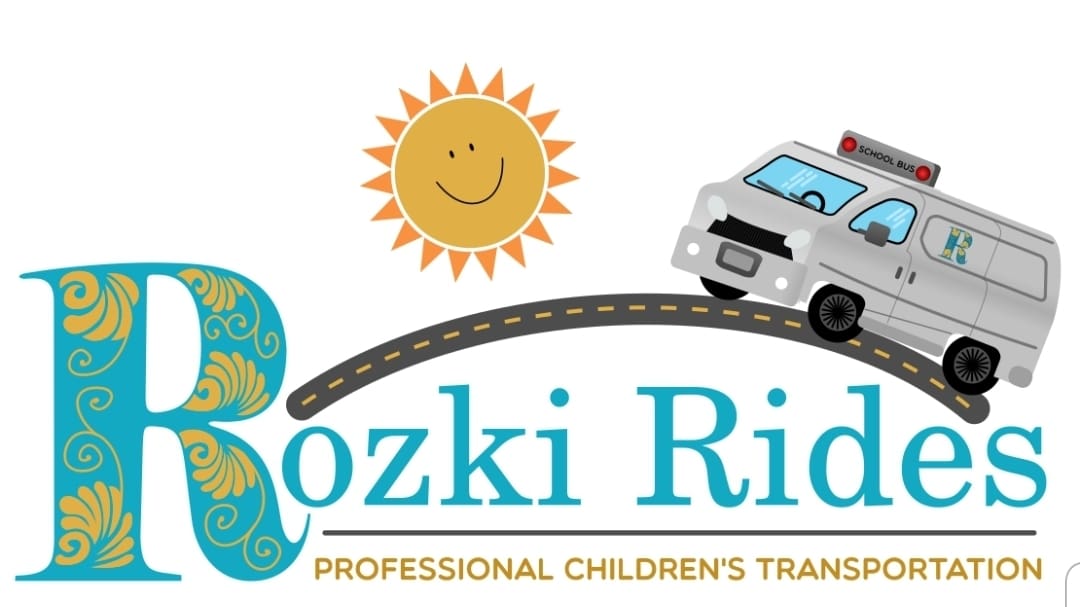
Jessika Rozki, Pwopriyetè/PDG